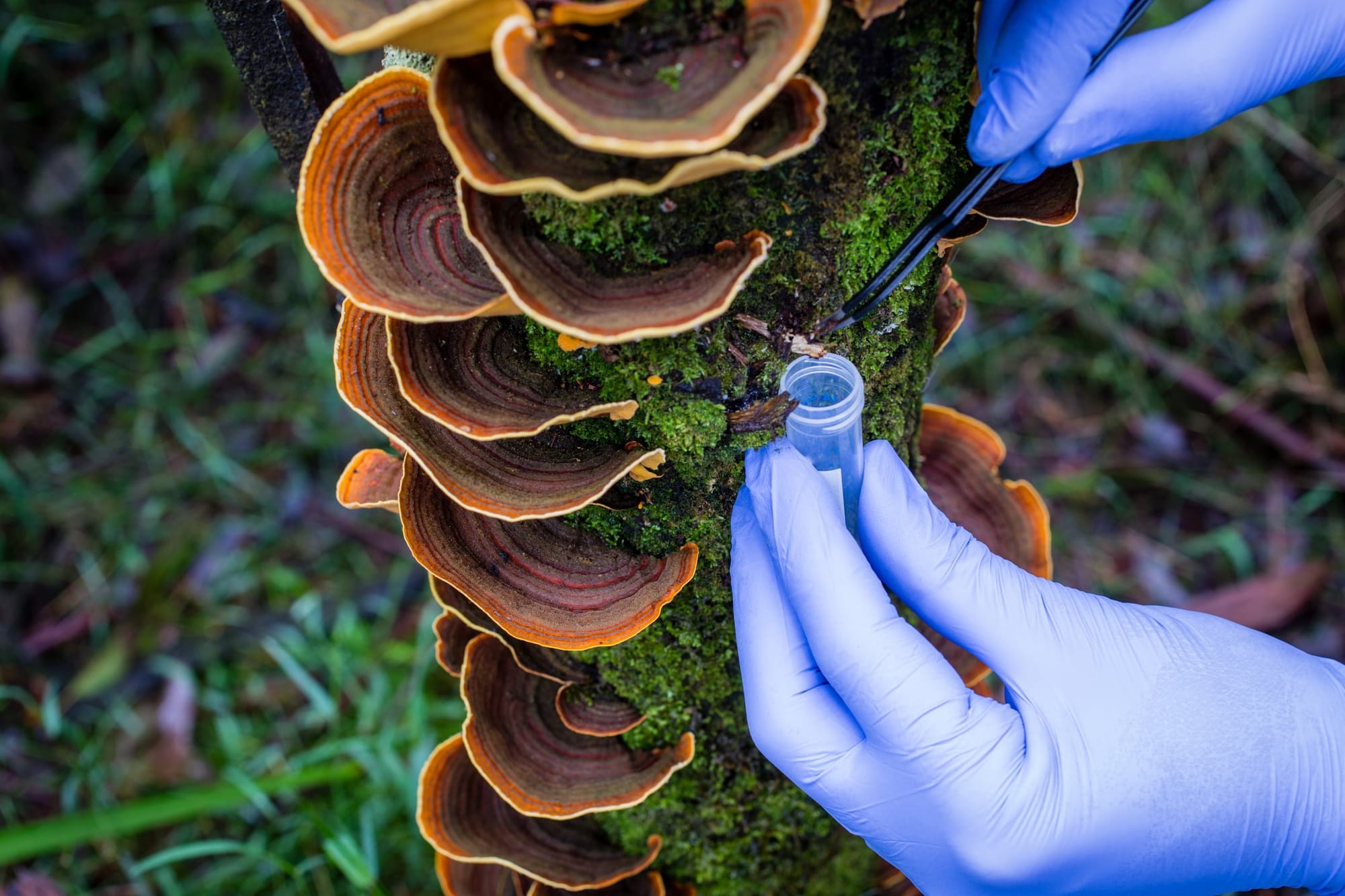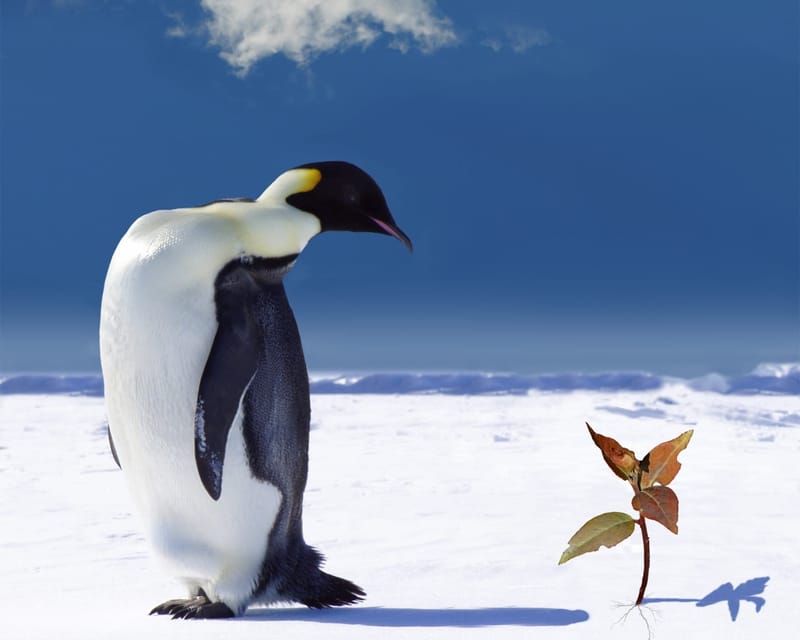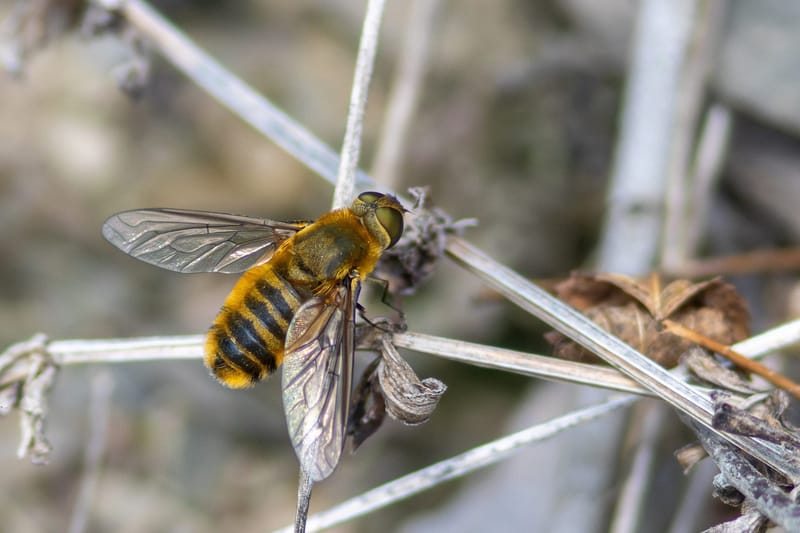
Dr Shawan Chowdhury is an ecologist specialising in insects and biodiversity on our changing planet. Among his published papers is a 2021 review of butterfly migration worldwide, a study he led in order to better-understand movement and therefore conservation.
This is “global change biology”, which focuses on the meeting point between biology and environmental change.
But he also has other research interests such as citizen science, language barriers, biodiversity conservation and, in a new “commentary” study in Frontiers in Ecology and the Environment, equity in science. As in – whose science is being heard?
Dr Chowdhury, a lecturer in Monash University’s School of Biological Sciences, co-authored the study in which 3731 published research papers by authors from 150 countries were analysed.
Poorer countries are under-represented and research collaborations are skewed to their richer counterparts, the team found.
“Such collaboration practices are excluding voices from these regions and missing the opportunity to build capacity in marginalised countries,” Dr Chowdhury says.
“What is especially worrying is that many of those countries are characterised by a high level of biodiversity, and with an urgent need for the local scientific community to implement effective conservation plans.”
Misleading collaboration claims
The issue, according to the study, is that if scientific collaborations claim to have global representation, it may be misleading.
For example, Asian authors are skewed to China, South American authors to Brazil, and African authors to South Africa – all the wealthier countries in those regions with the less-wealthy poorly represented.
It found published science papers with authors from Africa had only a quarter coming from low-income countries, with South Africa alone having twice as many authors as all the low-income African countries combined.
“Besides poor global coverage of studies and considerable data gaps, this could misleadingly suggest that no research is being conducted in these underrepresented countries,” Dr Chowdhury says.
The figures show:
- In global studies that included at least one Asian author, authors from low-income countries accounted for only 18% of publications, which were dominated by authors from China (64%), and Japan (13%).
- South America is similar. Authors from low-income South American countries contributed about a quarter, but publications were dominated by authors from Brazil (64%) and Argentina (21%).

The research also found publication is weighted against authors publishing in languages other than English, or local publications unavailable in or excluded from major international scholarly bibliographic databases.
Systemic barriers still exist, says Dr Chowdhury. Affirmative action is required to provide balance and equity.
Read more: Why dropping ‘nature positive’ risks undermining Australia’s environmental reform goals
He explains that the gap mostly comes from international research networks who prioritise common partners, established research institutions and experts from wealthier countries.
Dr Chowdhury says others face more limited opportunities, which are “widespread and persistent regional biases”.
Geographical equity required
Lead author Dr Ivan Jarić, an ecologist from the University of Paris-Saclay in France and the Czech Academy of Sciences, says publishing from and collaborating within the same few countries “leads to a false image of balanced and inclusive global research teams … we are effectively failing to ensure inclusive global research”.
The paper’s co-author, Dr Christophe Diagne, from the French National Research Institute for Sustainable Development, says science must urgently prioritise regional geographical equity in research.
He says what’s needed is a “global, open-access database that would aggregate local expertise, and build equitable partnerships by facilitating access to international collaborations and funding opportunities”.





